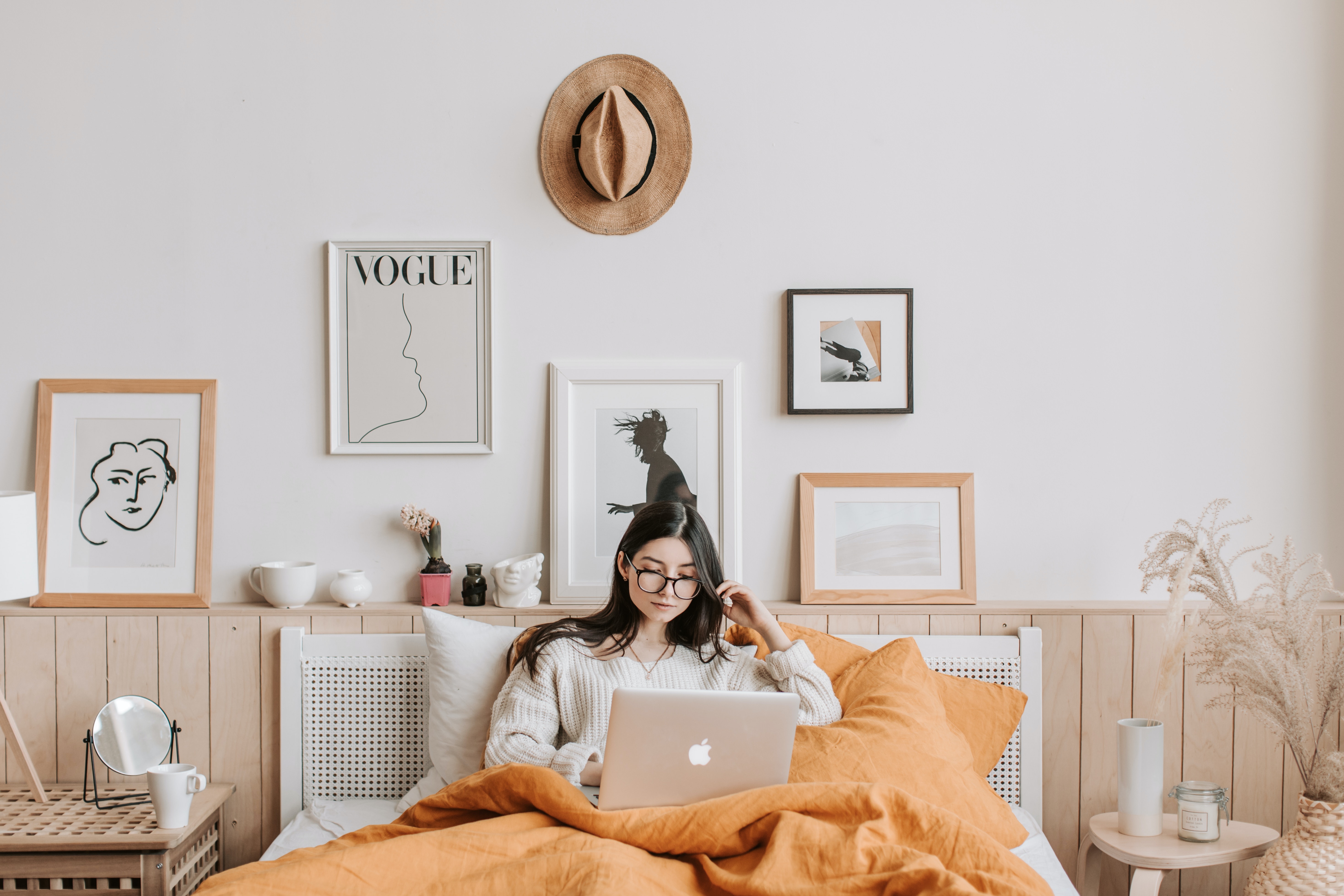The year 2020 has turned just about every aspect of daily life on its head. For many people, normality abruptly came to a halt early in the year. People who had rarely experienced anxiety or depression in the past have recently been inundated with these emotions. It’s taken an even greater toll on people who were already struggling. Now, since there aren’t many safe opportunities to go out during a pandemic, many people are spending most of their time at home. While under normal circumstances your home is a refuge to which you can retreat in privacy, the current pandemic has entire families sharing the same space at the same time. You and your spouse might be working from home. Maybe your kids are participating in at-home schooling. All of this togetherness can be stressful, so now more than ever, keeping your home well-organized and inviting is important for your mental health. Boost your mood, energy and motivation by creating a fresh, relaxed atmosphere in your home.
Declutter
One of the most significant ways to alleviate stress is to declutter. Studies have shown that disorder can drain energy and cause depression and anxiety. It can even negatively impact someone’s self-image. Decluttering may mean cleaning out several years of accumulated stuff by holding a yard sale or donating the items. If you merely need to get more organized, there are numerous organization techniques for every room in your home. Try wall-based organization methods to free up floor space. You should be able to freely walk through your home without having to navigate around numerous obstacles.
Clean
Keeping your home clean will provide a sense of well-being and pride. Being in a dirty home can be stressful, and it isn’t healthy. It can also be anxiety-provoking to have a lot to clean at once. Do a little tidying up each day as you go to maintain the environment; doing so can actually be therapeutic. Occasionally, give your house a deep cleaning. Search for carpet cleaning near me and other cleaning professionals if you need extra help.
Encourage Natural Light
Research shows that natural sunlight can decrease stress and pain. In fact, it increases the production of serotonin and endorphins, your body’s feel-good chemicals. Sunshine is ideal in places where you’ll be spending your waking hours. However, it’s best to have some curtains or blinds in the bedroom so that you can easily control the amount of light when you want to sleep.
Consider Your Colors
The colors in your home can make a significant impact on your mood. If you want to create a relaxing environment, stay away from vibrant wall colors like red and yellow — softer hues of blue help calm the mind. Green is associated with nature and the outdoors; light shades of green tend to be comforting and soothing. Earthy tones paired with these shades of green will promote a tranquil feeling and a sensation of being grounded. Tan is warm and relaxing, while white is excellent for creating an airy feel. If you want to add bright colors to your home, use them as accent pieces or wall art. This way, the relaxing mood will be maintained while adding splashes of vibrance.
Include Organic Textures
Just as organic colors can promote relaxation and the feeling of being grounded, organic textures can have the same effect. The same goes for natural wood, stone and encaustic tile. These textures provide both a visual and a tactile sense of comfort.
Give Houseplants a Home
Bring the outdoors indoors. Houseplants have several benefits. Since they absorb carbon dioxide, they allow oxygen to flow better indoors. They also purify the air by removing toxins. Plants also create a comfortable ambiance, boosting mood, lowering anxiety and even reducing fatigue.
It’s always important to have a home in which you feel at ease. It’s even more critical now that your home is a multipurpose space. Recruit your spouse and kids to help create a relaxing and mood-boosting atmosphere. Everyone can add their personal touch and have a sense of ownership.


